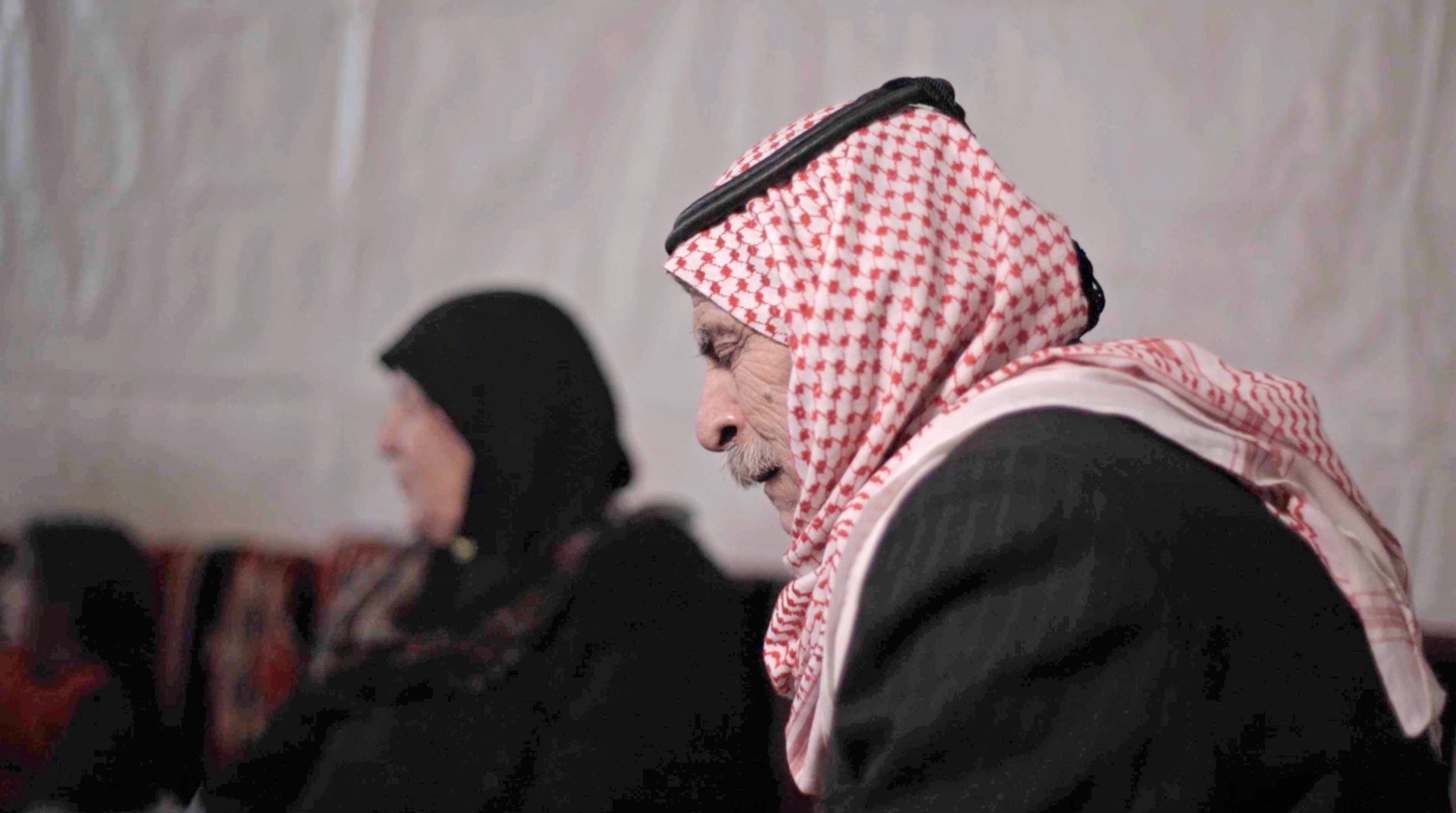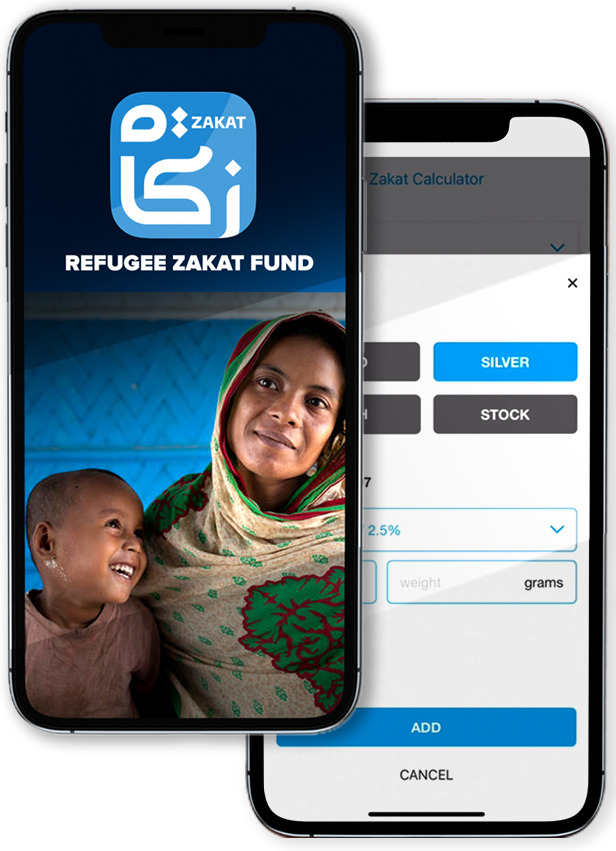Mahmoud and Saqrah, Syrian elderly refugee couple in Lebanon.
Mahmoud and Saqrah, both Syrian refugees, embody the resilience and unwavering faith that define so many displaced families. Despite years of exile and the immense hardships they have endured, they continue to hold onto their cherished traditions, especially during the Holy Month of Ramadan.
Mahmoud says “Our traditions are so beautiful. If I meet someone during Ramadan, of course, I would invite them to Iftar.” His words highlight the enduring spirit of generosity and hospitality, even in the face of adversity.
Saqrah says “We wish there were two months of Ramadan instead of one.” For families like theirs, preparing for Ramadan this year is especially challenging, with poverty and soaring prices making it difficult to afford the essentials. Yet, their faith remains strong. “We fast with sincerity according to the will of God, and we break our fast with whatever God provides for us,” says Saqrah. She continues, “Even if we receive tomatoes and onions, we give thanks to God.”
Life has become increasingly challenging for Mahmoud and Saqrah, as rising rent and limited access to medicine make it difficult to manage day-to-day struggles. Despite these hardships, they find comfort in the aid provided by UNHCR and remain grateful for the support they receive. While they long for an end to the war, their generosity endures, as they continue to share their Ramadan table with those in need, even in the midst of their own difficulties.
As of March 2024, the Syria crisis has entered its fourteenth year, with 16.7 million people requiring humanitarian assistance – a 9% increase from 2023. Regional tensions and worsening economic conditions have further destabilized the security situation, intensifying the needs of vulnerable populations. In response, UNHCR remains committed to providing protection and assistance to refugees, asylum-seekers, internally displaced persons (IDPs), returnees, stateless individuals, and host communities, prioritizing those most in need.
Lebanon, hosting the highest number of refugees per capita, is home to 1.5 million Syrian refugees and 11,411 refugees from other nationalities. The socio-economic downturn, compounded by the COVID-19 pandemic, the Beirut blast, and the recent Gaza situation that spread to Lebanon, has left nine out of ten Syrian refugees dependent on humanitarian aid to cover their basic needs.
Other Stories

Fatna, a Sudanese mother of ten displaced in Chad.
“We walk from the camp to a water source five kilometers away, and this is extremely difficult” Fatna explains.

Wafaa, a displaced mother from Yemen.
She has faced unimaginable challenges with her children since losing her husband.

Ayesha, a 45 year old displaced woman from Afghanistan.
“During Ramadan, we broke our fast with just a glass of tea. If we find potatoes, we eat them. Otherwise, it’s just bread” Ayesha says.




